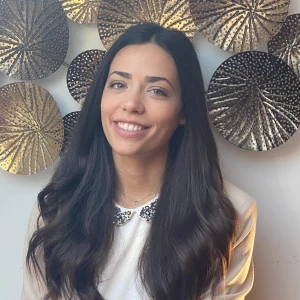I am thinking that the typical process is:
1. Structure the problem
2. Divide the work streams among the consultants
3. Each consultant seeks out relevant data (via interviews with the client or other research)
4. Consultants crunch numbers and present internally.
5. Project leader pieces all info together and present to partners.
6. Repeat #4 to #5 where necessary.
7. Present to client.
Appreciate your insights!















